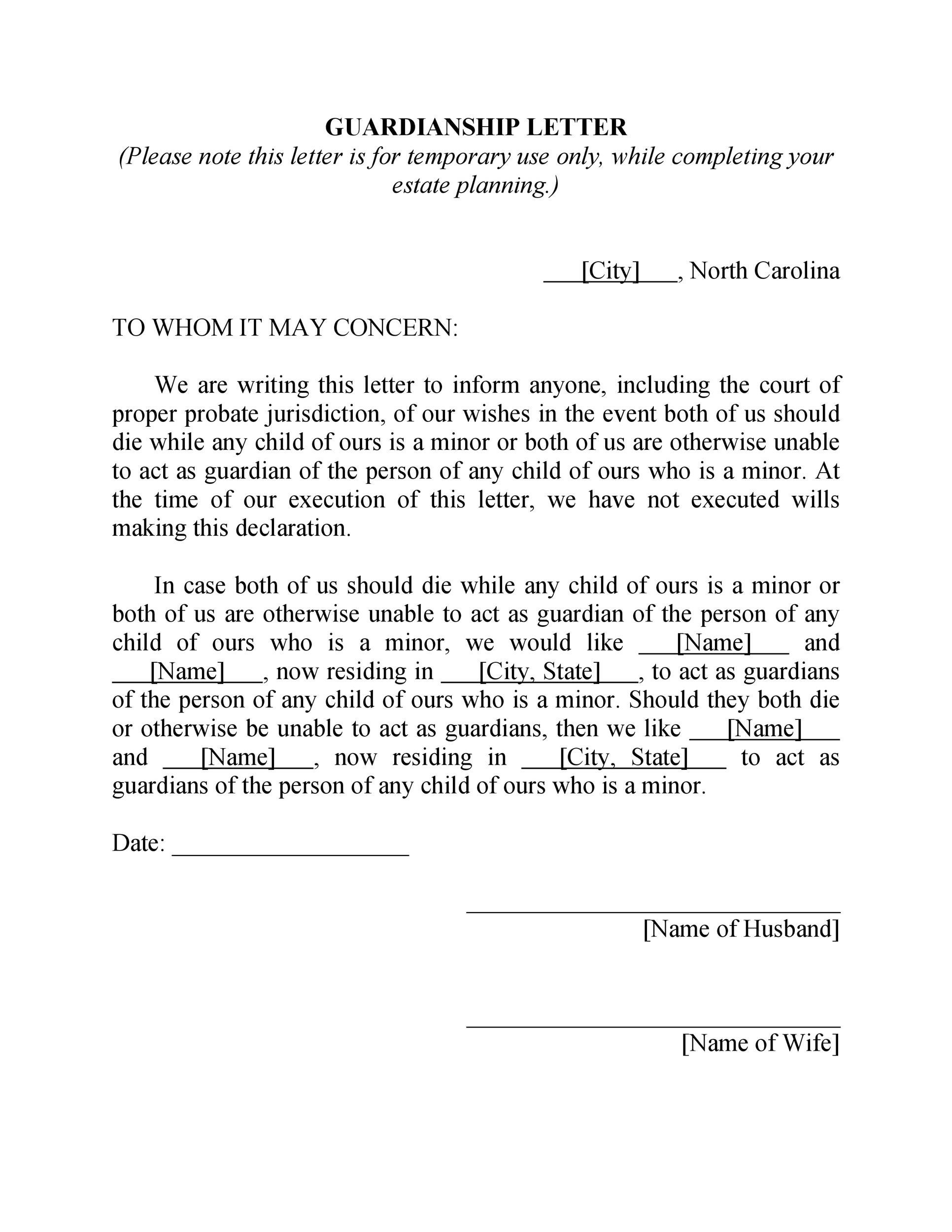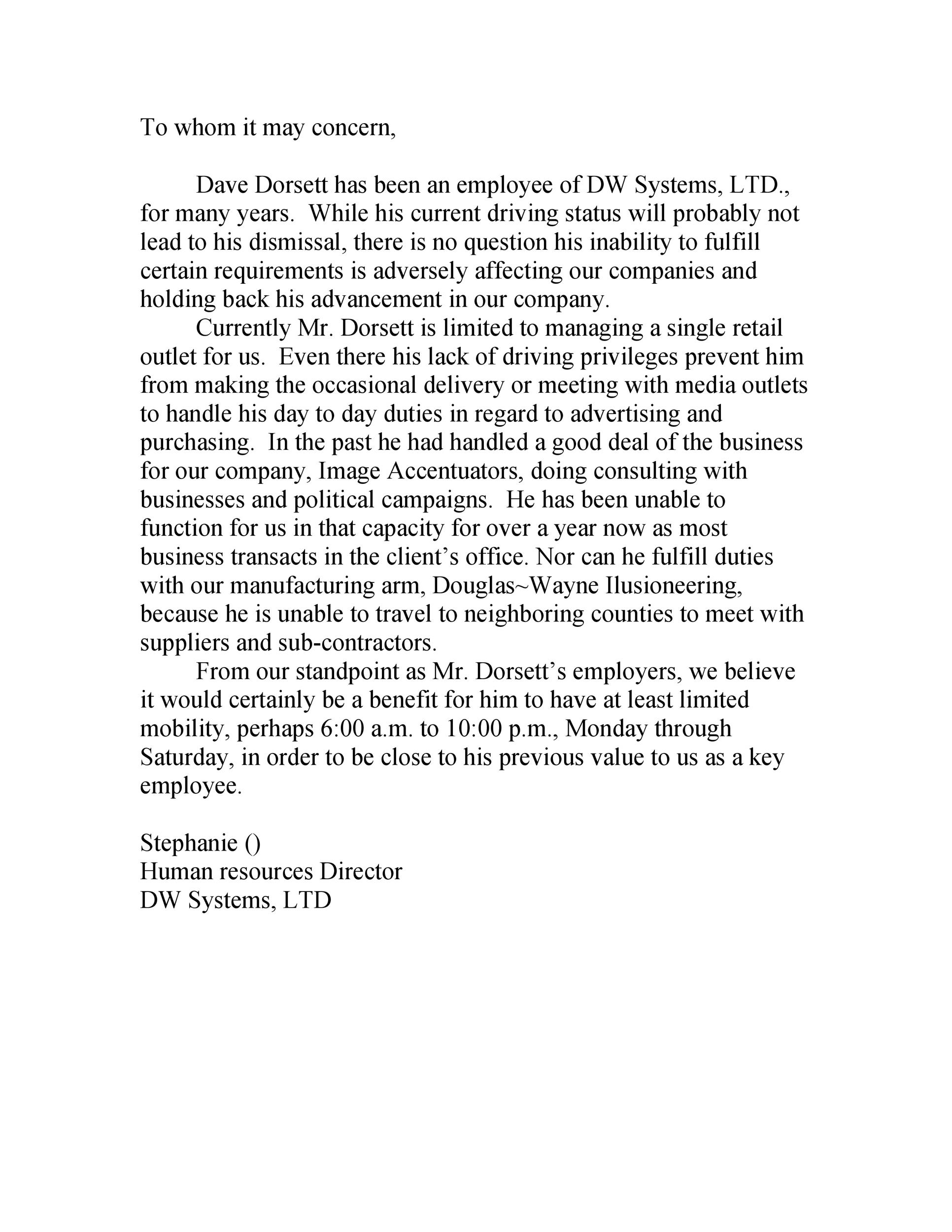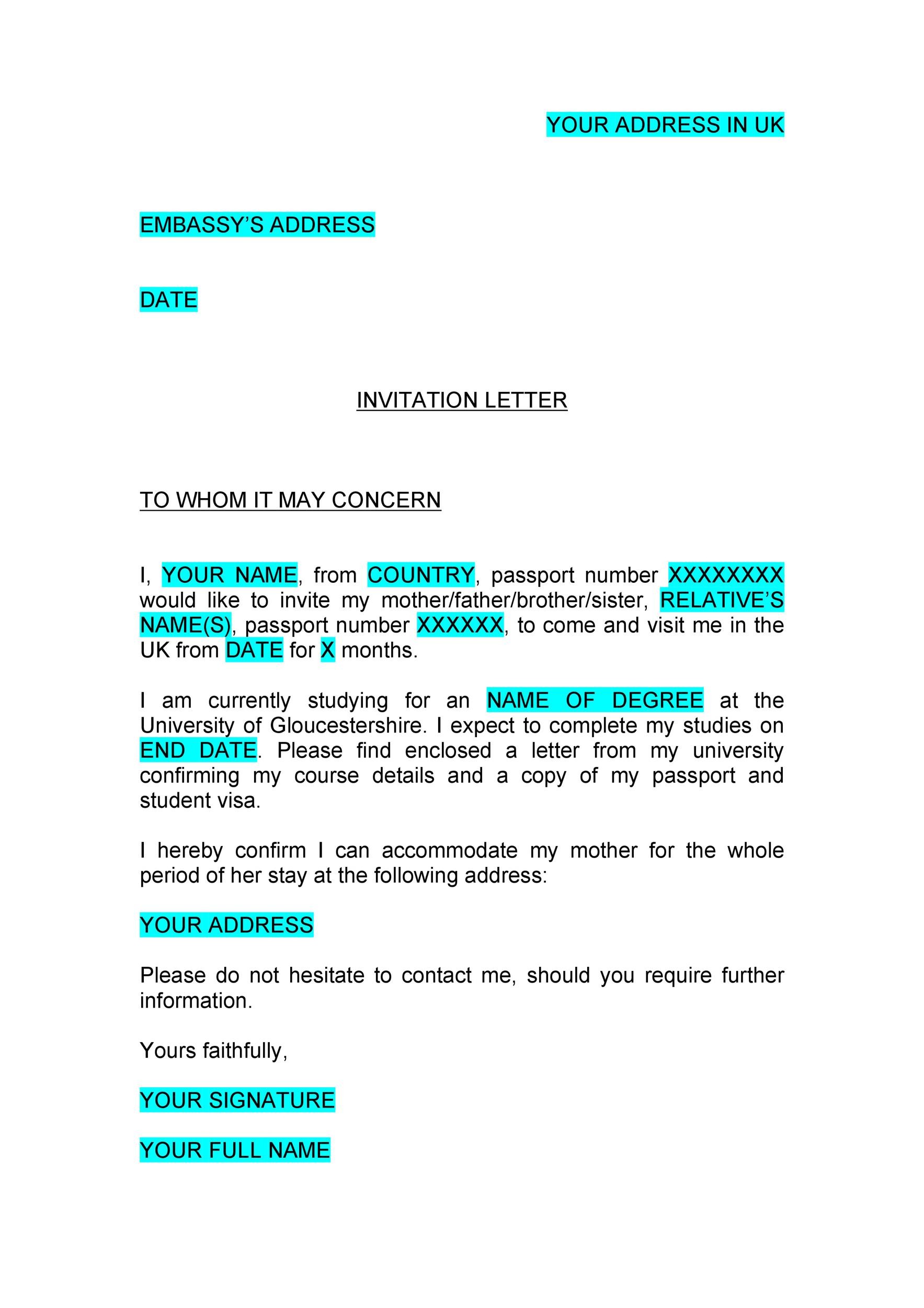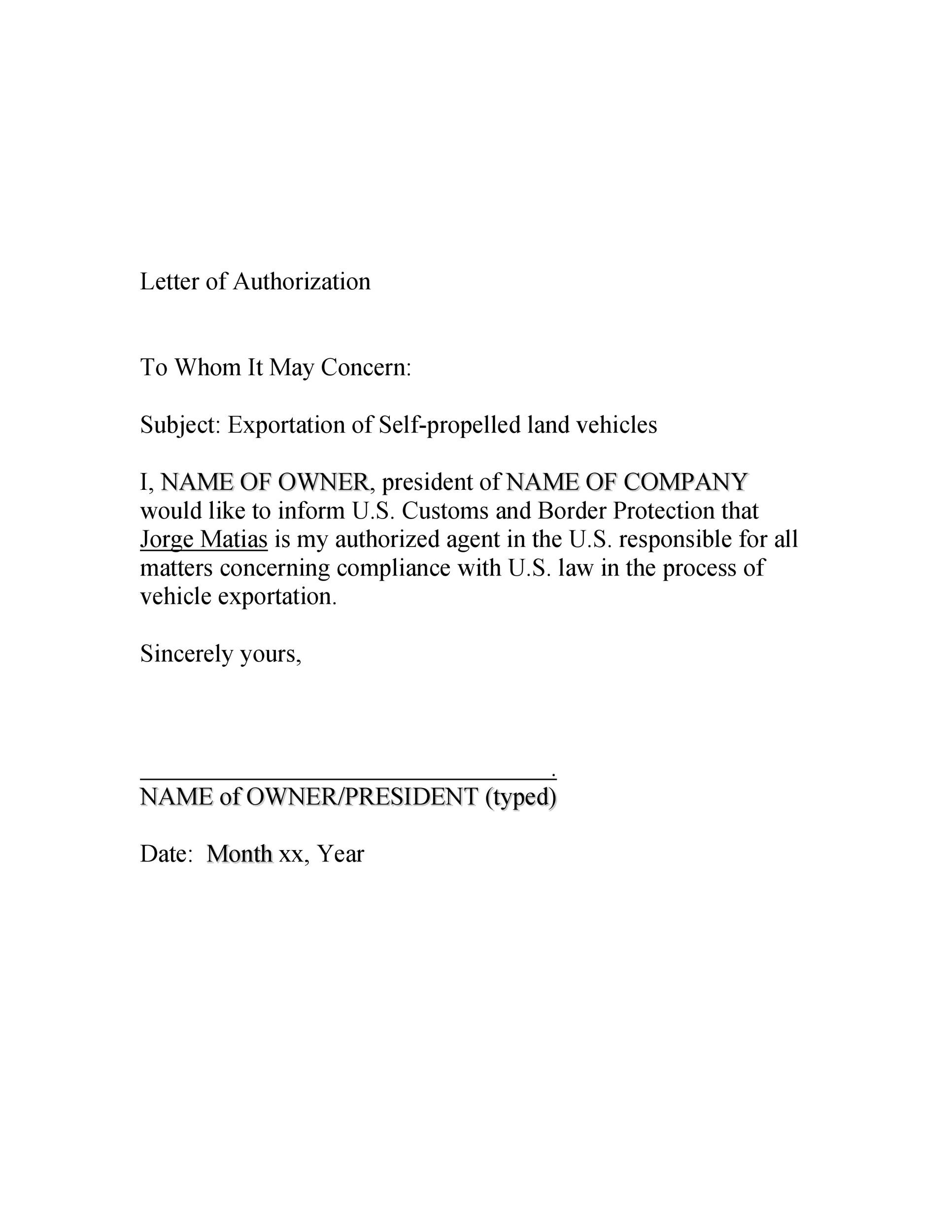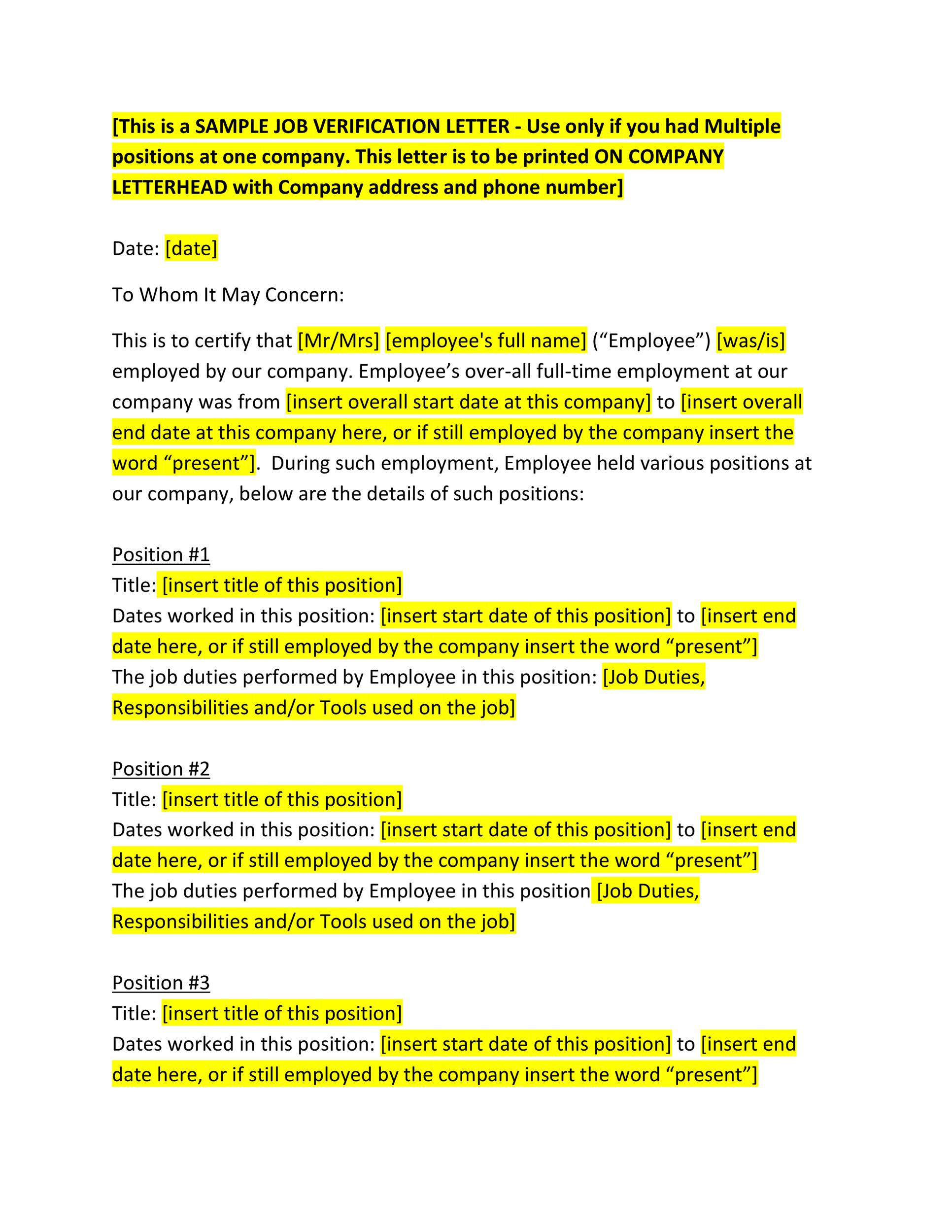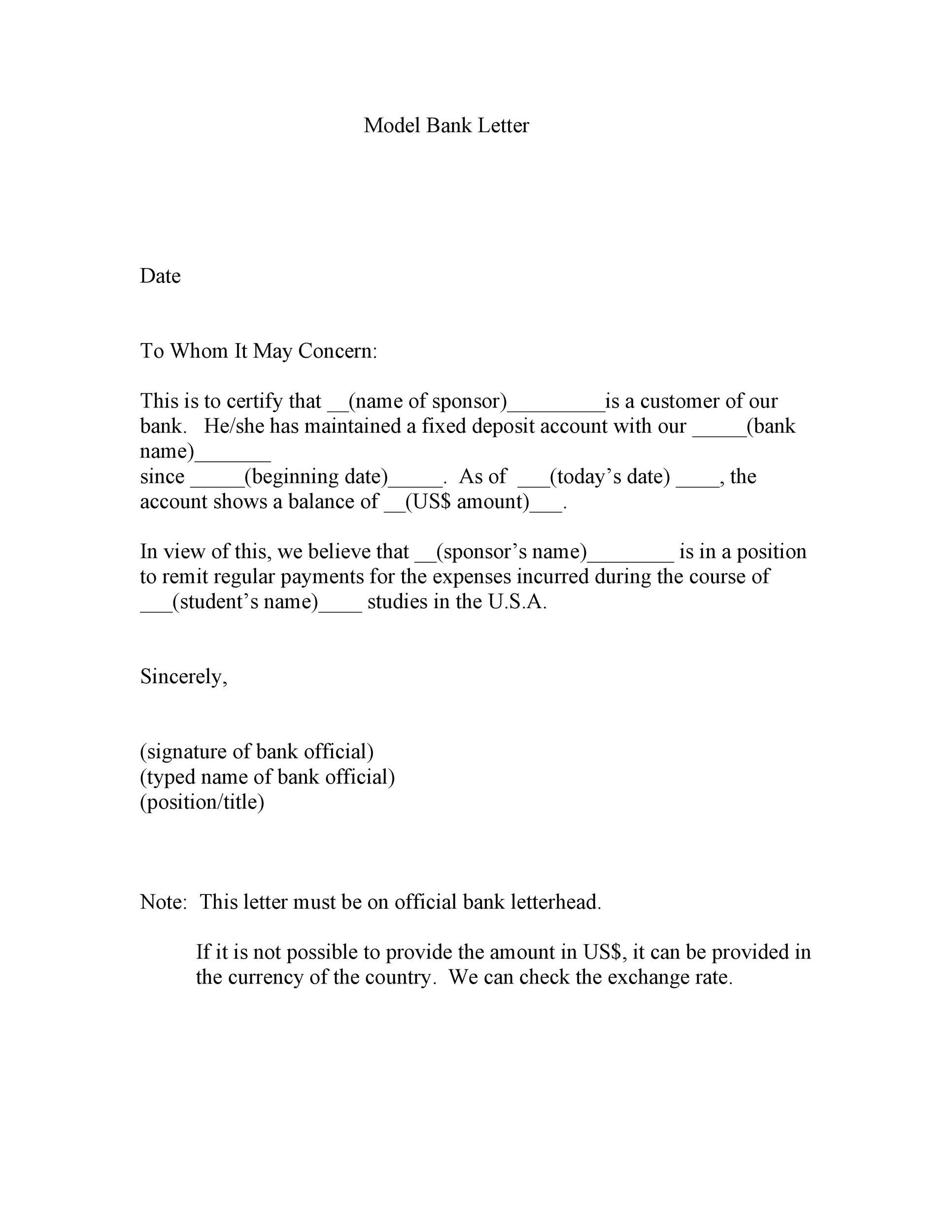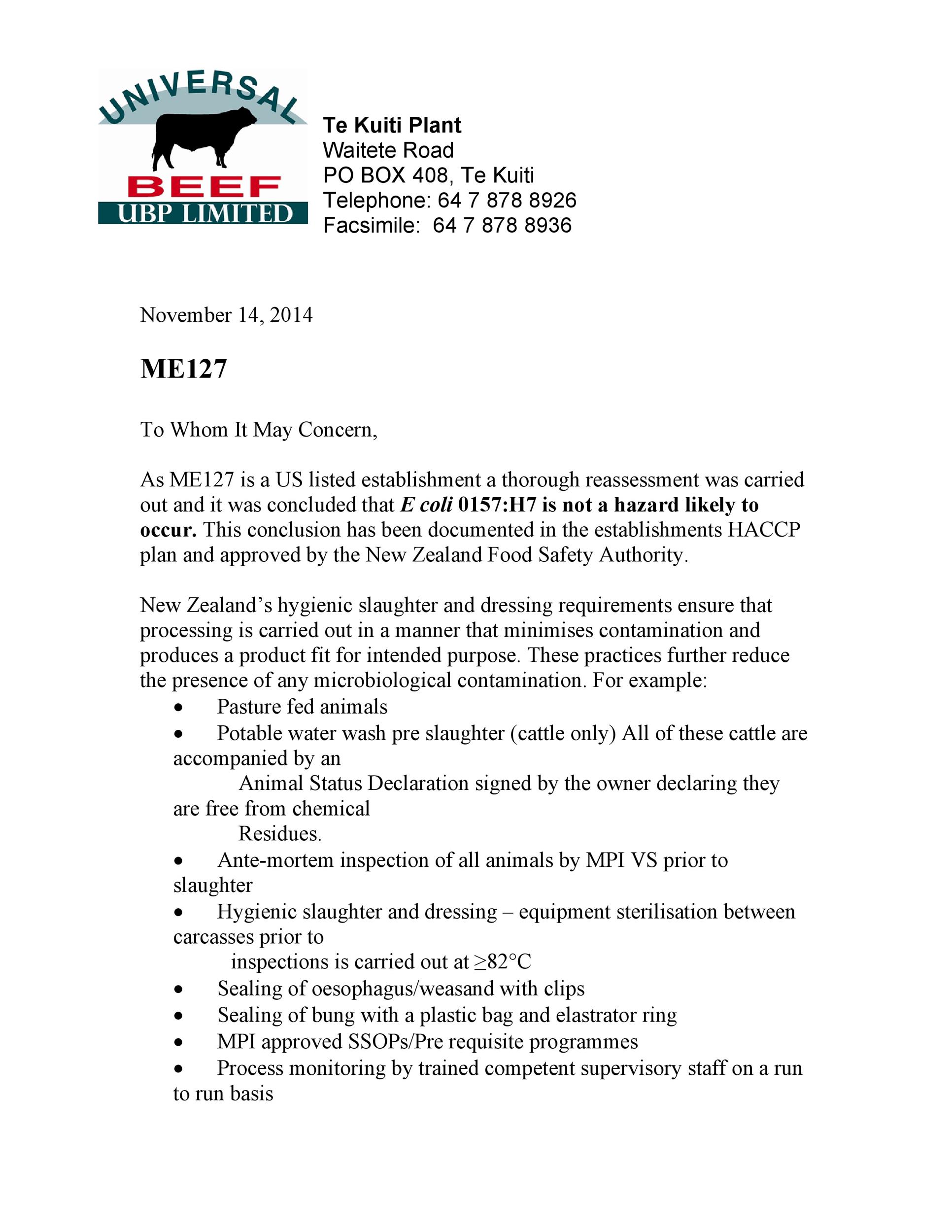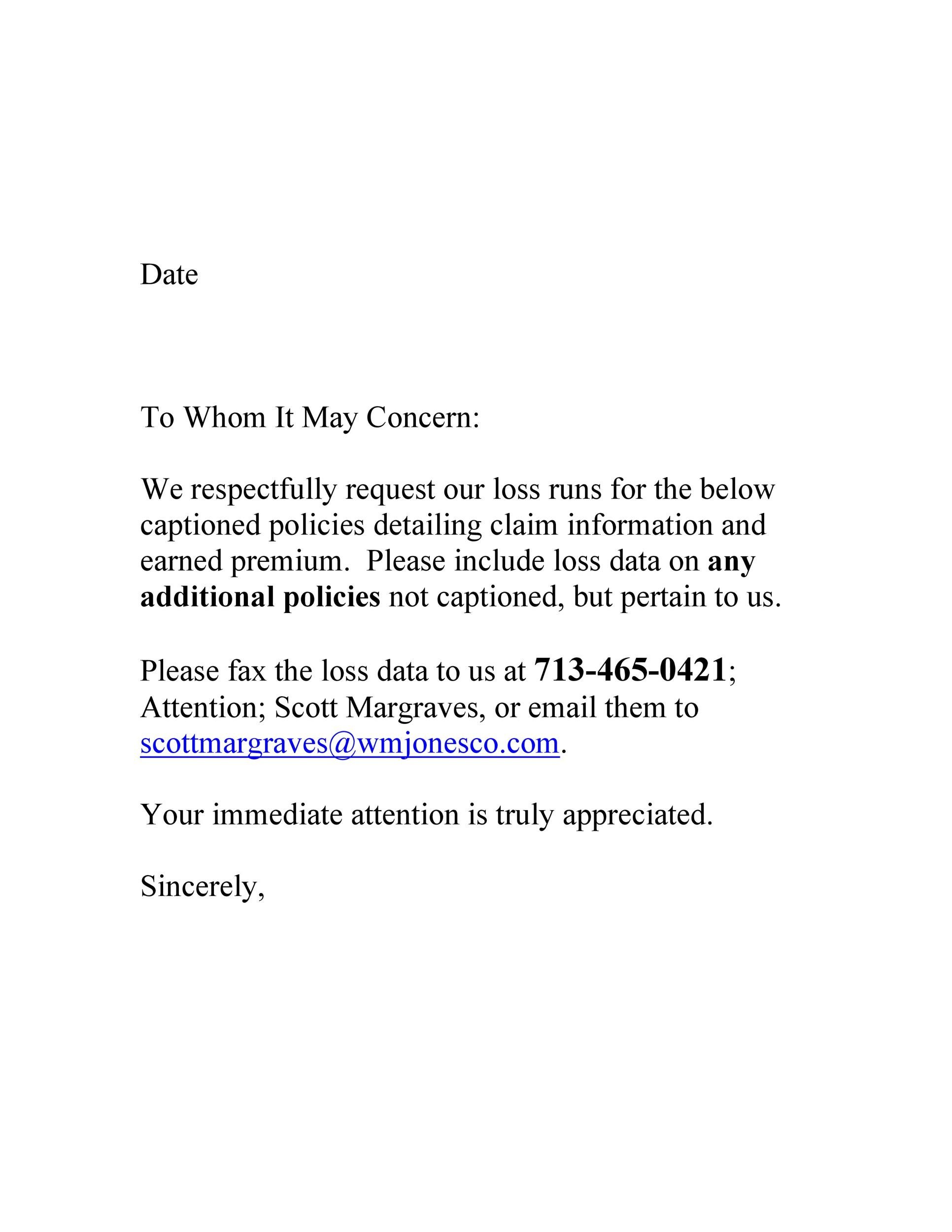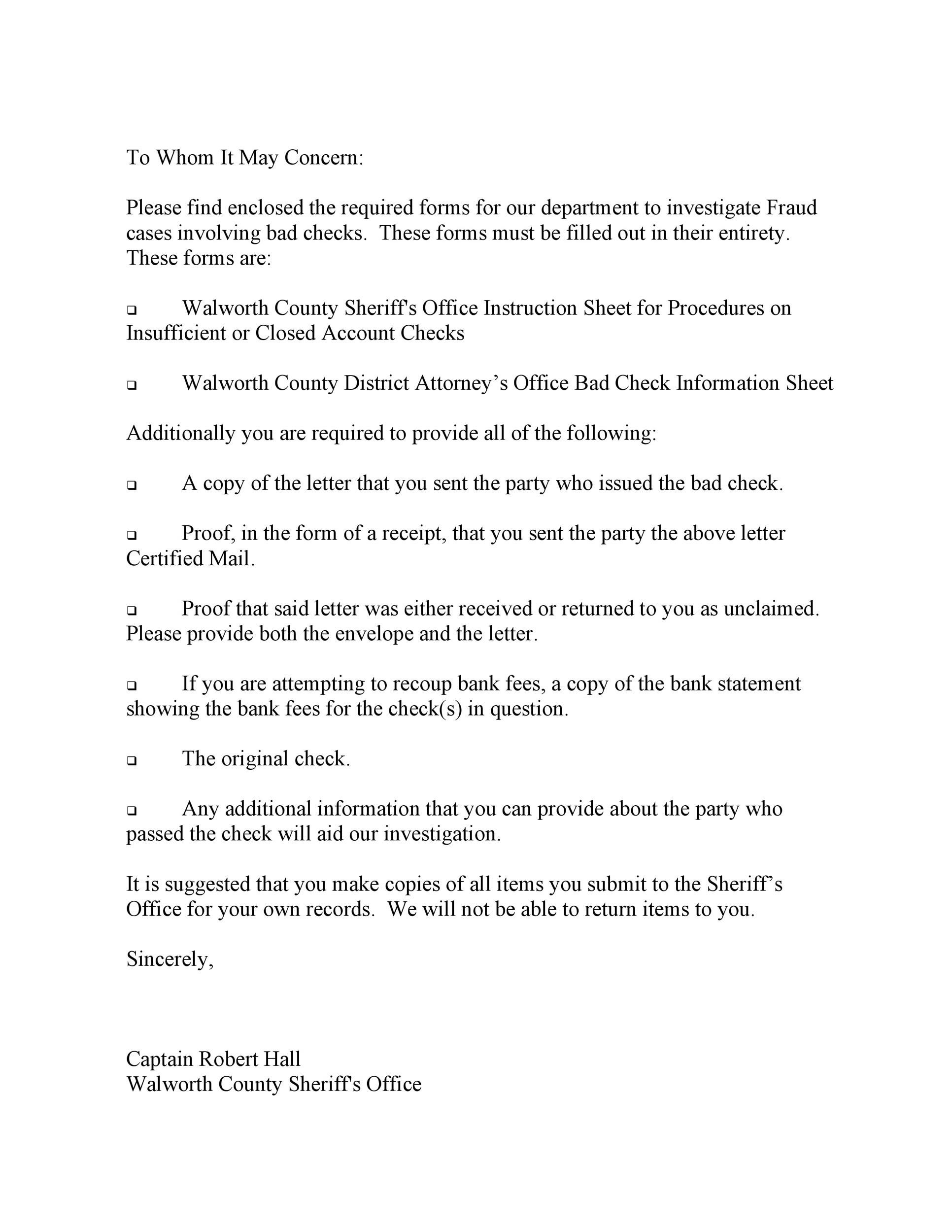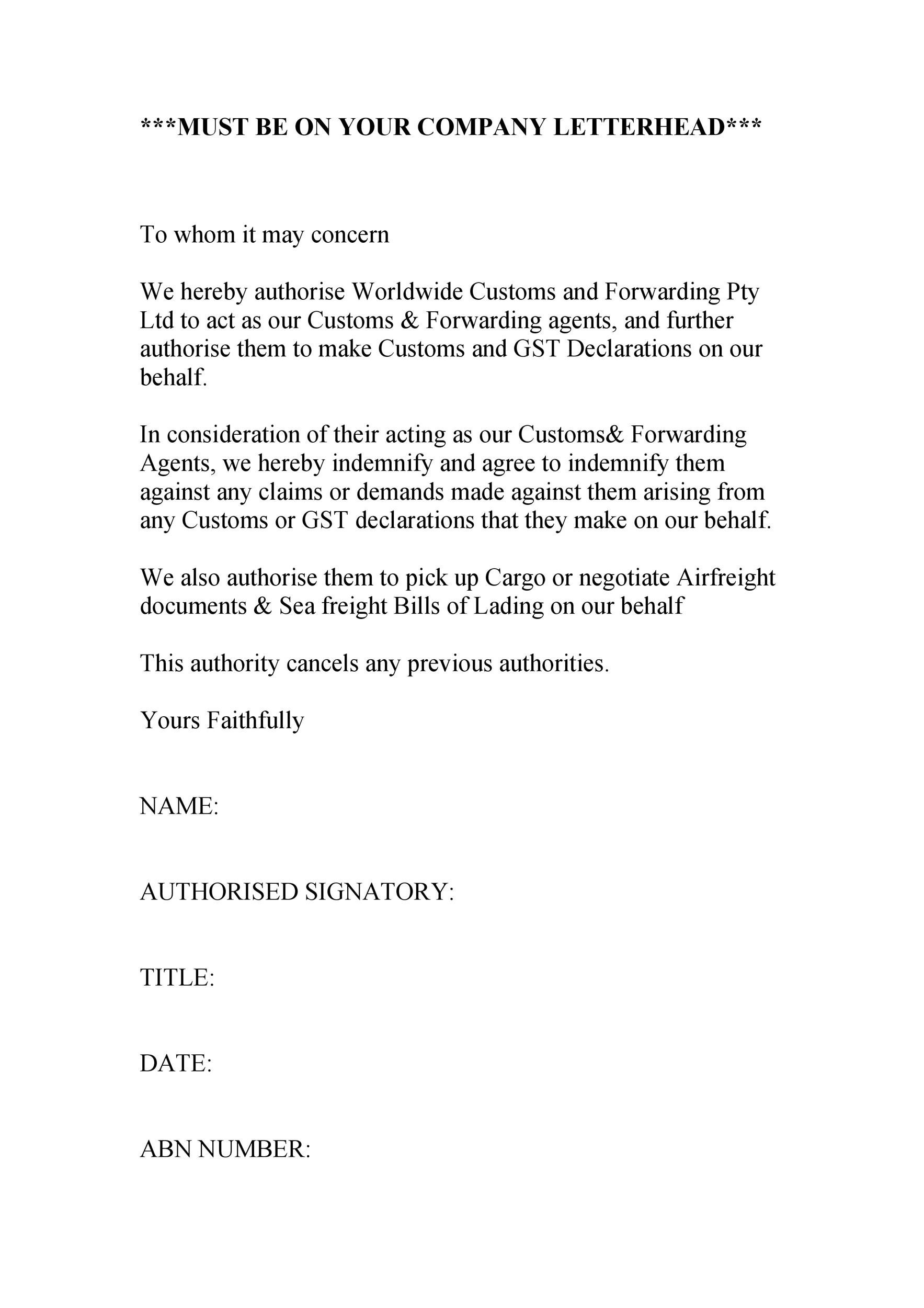It is acceptable in formal or professional correspondence. Web “to whom it may concern” in a cover letter. For example, you’re sending out a letter of complaint because you’re unhappy about the service you’ve received, or one of your colleagues has asked you to provide a letter of recommendation for them. The generic salutation is suitable for formal invitations because you might not know the exact contact person but still want to sound respectful. Ideal for various formal communications, this template simplifies writing official letters for diverse needs.
It's a formal choice of words that hasn't dated well and comes off as impersonal, tired, and potentially irate or desperate. Letters to whom it may concern are letters addressed to unknown recipients. Web to whom it may concern is a salutation for a letter or email, most commonly employed when the writer does not know the recipient’s name. Official letter writing with to whomsoever it may concern. Always format “to whom it may concern” with a capital letter at the beginning of each word.
Web here are some tips and alternatives to “to whom it may concern” that can help you make a lasting impression: Some people think it’s lazy to use this greeting since the recipient’s name is usually somewhere on the internet, while others say that you can’t always know who the recipient will be, so “to whom it may concern” is the best choice. Web a “to whom it may concern” letter is a formal way of writing to someone when you don’t know their name or specific job title. Web a “to whom it may concern” letter is okay to use when you introduce yourself to a person you have not yet met. This standard template should be followed strictly when writing a formal letter.
These letters are titled like this because they are intended for anyone for whom it has importance and is not written for anyone specifically. Always format “to whom it may concern” with a capital letter at the beginning of each word. It is generally considered a professional way to begin a cover letter or an email for business correspondence. Web “to whom it may concern” is a salutation that is used when you do not know who you are to address your formal letter. Professional letter format to whomsoever it may concern. Web here’s a tip: Web “to whom it may concern” in a cover letter. Begin the letter with a formal salutation such as dear sir/madam or to whom it may concern to address the recipient respectfully in a generic manner. Web you can write a to whom it may concern letter confirming your responsibility for the family member who wants to visit. This guide will provide a template for writing a letter with this salutation, an example using the template, and a variation of the template for different contexts. Each sample letter comes with guidelines and advice to help you find the right words. Web to whom it may concern is a formal greeting that can be used to start an email or letter addressed to someone whose name you don’t know or to no one in particular. Elevate your professional correspondence today! For instance, if you receive a letter requesting a quotation or some information about your business from a company, then. The layout and the flow should remain the same.
Always Format “To Whom It May Concern” With A Capital Letter At The Beginning Of Each Word.
Business letter to whomsoever it may concern. To use a template, simply fill in the relevant information in the template and then print or email it. Web if you're writing a complaint letter to a company and you don't know who will be reading it, to whom it may concern is appropriate. Formal letter format for addressing unknown recipient.
Follow It With A Colon.
For instance, if you receive a letter requesting a quotation or some information about your business from a company, then. Web a “to whom it may concern” letter is a formal way of writing to someone when you don’t know their name or specific job title. Web by melissa martinez jun. Web to whom it may concern is a salutation for a letter or email, most commonly employed when the writer does not know the recipient’s name.
The Phrase “To Whom It May Concern” Is A Traditional Way To Address Correspondence When You Don’t Know The Specific Name Of The Recipient.
Web a “to whom it may concern” letter template can be used for a variety of purposes, such as applying for a job, requesting information, or making a complaint. Letters to whom it may concern are letters addressed to unknown recipients. Professional letter format to whomsoever it may concern. It is acceptable in formal or professional correspondence.
Elevate Your Professional Correspondence Today!
It’s like saying “dear sir or madam” and is used for various reasons, such as asking for information, applying for a job when you’re not sure who the hiring manager is, or writing a recommendation for someone. Web find inspiration in our curated catalog of letters to whom it may concern. Web to whom it may concern is a formal greeting that can be used to start an email or letter addressed to someone whose name you don’t know or to no one in particular. It ensures that your letter will be read by the person responsible for handling such matters, without making it seem like you didn't do your homework.
